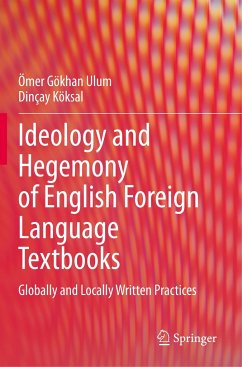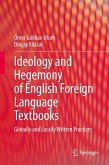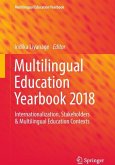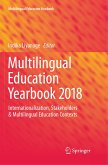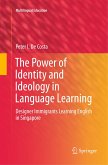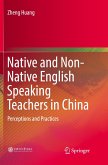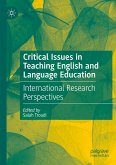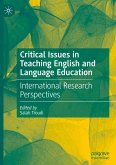This volume investigates ideological and hegemonic practices in globally and locally written English as a Foreign Language (EFL) textbooks, and explores whether these textbooks reflect the values, beliefs and norms of the native-speaker society by examining their ideological components and the hegemonic practices by means of which the source society or state seeks to influence learners of the language. It also attempts to clarify EFL teachers' and students' views on the underlying ideology and hegemonic practices in globally and locally written EFL textbooks.
Studies on the relationship between ideology, hegemony and textbooks in applied linguistics have become more prevalent in recent decades, as the emergence of critical theory, critical pedagogy, and critical thinking skills from the 1920s onwards has led scholars to adopt a more critical perspective towards EFL textbooks, especially with regard to elements of ideology and hegemony. These two terms encompass a plethora of components, ranging from nationalism to religion. At the same time, the importance of metanarratives originating from the tenets of modernism has declined from the 1960s onwards, the assumption being that the world has entered a new age called postmodernism and post-structuralism that emphasizes the role of individuals and rejects efforts to reinforce post-colonialism, the effects of which can be seen in EFL textbooks. Accordingly, taking the elements of ideology and hegemony into account remains a vital aspect in the analysis of EFL textbooks.
Studies on the relationship between ideology, hegemony and textbooks in applied linguistics have become more prevalent in recent decades, as the emergence of critical theory, critical pedagogy, and critical thinking skills from the 1920s onwards has led scholars to adopt a more critical perspective towards EFL textbooks, especially with regard to elements of ideology and hegemony. These two terms encompass a plethora of components, ranging from nationalism to religion. At the same time, the importance of metanarratives originating from the tenets of modernism has declined from the 1960s onwards, the assumption being that the world has entered a new age called postmodernism and post-structuralism that emphasizes the role of individuals and rejects efforts to reinforce post-colonialism, the effects of which can be seen in EFL textbooks. Accordingly, taking the elements of ideology and hegemony into account remains a vital aspect in the analysis of EFL textbooks.

